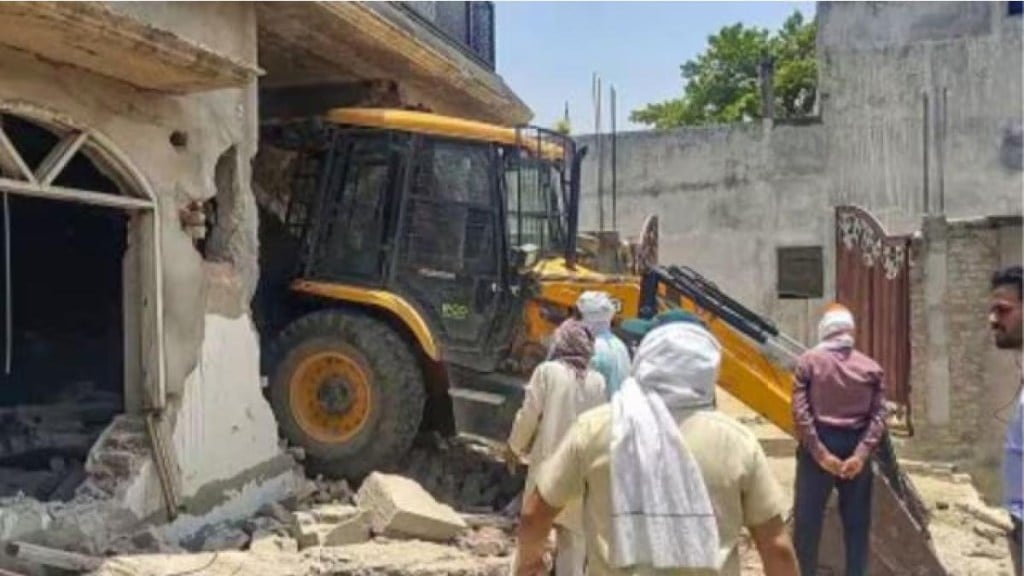The Supreme Court, condemning the practice of ‘bulldozer justice’ against accused individuals, issued nationwide guidelines on Wednesday, mandating a regulated approach to property demolitions.
The Court, led by Justices B R Gavai and K V Viswanathan, emphasised that the Executive cannot act as a judge, declare someone guilty, and demolish their property as punishment. It underlined that demolishing homes solely based on accusations or convictions is “totally unconstitutional.”
Justice Gavai, delivering the verdict, remarked on the distress caused when women, children, and elderly individuals are forced onto the streets overnight. He called for prior notice and procedural safeguards, directing that no demolition should proceed without a show-cause notice. This notice must give the affected party 15 days to respond and will need to be served both by registered post and posted on the property itself. The notice will also be digitally documented by the District Magistrate’s office.
The Court’s guidelines specify that affected parties should be granted time to contest demolition orders or vacate if they choose not to.
“It is not a happy sight to see women, children and ailing persons dragged to the streets overnight,” the bench said said, adding, “Heavens would not fall on the authorities if they hold their hands for some period”.
The Court clarified that these guidelines do not apply to unauthorised constructions on public land, such as roads, footpaths, or water bodies, or in cases where a demolition order has already been passed by a court.
Key guidelines for demolition:
- Prior notice and documentation: No demolition without a show-cause notice, allowing a minimum of 15 days to respond. Notices should detail violations, reasons for demolition, and provide a date for a personal hearing.
- Digital records: Municipal authorities must establish a designated digital portal within three months for documentation of notices, replies, hearings, and orders.
- Right to appeal: If demolition orders are issued, implementation will be paused for 15 days to allow for an appeal. During this time, details of the order will be made available online.
- Controlled demolition process: Only non-compoundable unauthorized sections may be demolished. Authorities must prepare a detailed inspection report and videograph the entire demolition process, preserving records for transparency.
The Supreme Court’s decision came in response to petitions seeking clearer demolition guidelines, aimed at curbing arbitrary actions and safeguarding individuals’ rights under the Constitution.

